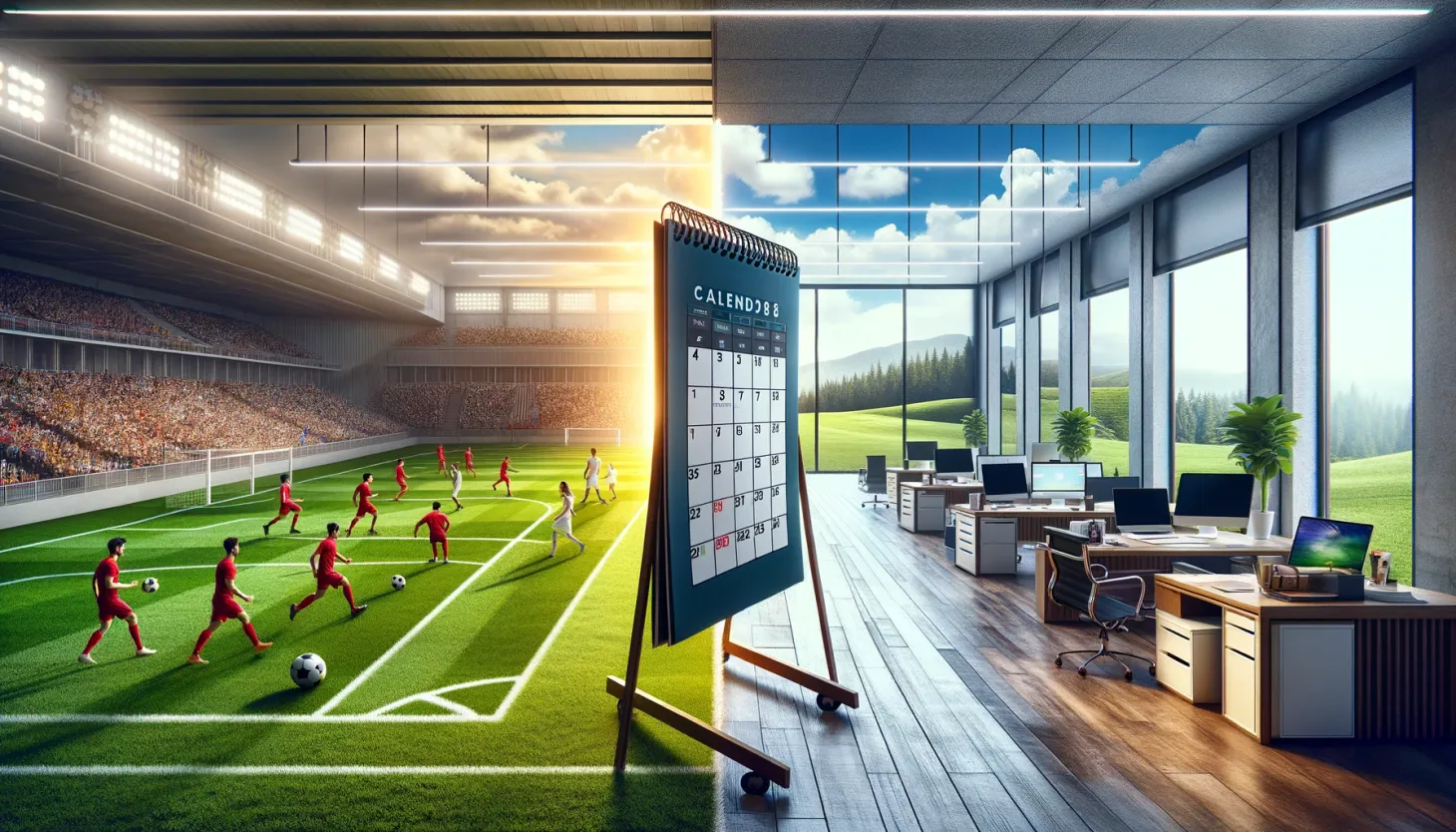Invest in good habits early. Then, watch them compound.
Compounding isn't just for financial investors. Anyone can use the concept to live their best life.

„Everyone wants to sleep better, be more productive, work more effectively. And the earlier you start doing that in your life, the better”, a former intern of mine said during our lunch at a local Spanish restaurant. We were munching away on pork cheeks with potatoes, soaking in the spring sun of Barcelona.
The last sentence resonated with me:
The earlier you start doing that in life, the better.
Walking down the street towards the beach before our lunch meeting, my train of thought went through how I became the person I am today.
So much knowledge. So many skills. So many experiences I’ve made and things I’ve learned. And all of them before turning 30.
It is mind-boggling to think about how many little things play into you being the person that you are.
But the thing that shapes you the most are your habits.
Reading.
Managing your time.
Managing your energy.
Managing your money.
Sleeping well.
Training.
And many more.
One thing these habits all have in common: they compound.
We know compounding from financial investing:
- You invest some funds.
- You earn interest on these funds.
- You re-invest the interest.
- You earn interest on your interest and your initial investment.
- Rinse and repeat.
Compounding is hard to see in the short term, but makes a huge difference in the long term as you can see here:

The principle of compounding can be applied to the habits above, too. You won’t notice a significant change initially, but if you stick to your habits for years, you will completely transform.
Let’s take a look.
[1] Reading
The more you know, the sharper your thinking will be. So ideally, you learn as much as possible as early as possible.
Imagine what you could do in your 20s if you already knew at age 20 everything that you know now at age 30. Acquiring lots of knowledge early on is better than acquiring it later.
Say, for example, you read a book about how to manage your tasks effectively. Now you have knowledge that you previously hadn’t, which allows you to be more effective with your time. This frees up time, which then can be used on other activities.
The earlier you have this knowledge, the earlier you can start saving time.
Knowledge pays dividends.
Often, you cannot foresee when the knowledge will pay off, but you’ll start making connections between things you’ve read, seen, and known.
These connections between two things previously unconnected are the dividends of knowledge.
[2] Time Management
When you start managing your time effectively, more time will free up. That time you can then, in turn, use to (a) do things that give you energy or (b) work on whichever goal you’re pursuing.
Good habits to adopt here are:
- time-boxing your activities in your calendar
- batching tasks and events
- using the pomodoro technique
Working on your top goal is the ultimate form of compounding, and the earlier you build the habit to do so with time and energy, the better.
[3] Energy Management
Managing your energy is as important as managing your time. Without energy, life isn’t nearly as fun and using your time well becomes harder.
There are plenty of things that you can do to gain energy, and for each person that’s different. A few things that give me energy:
- A great night of sleep (see below)
- Hanging out with friends or strangers, being the extrovert that I am
- Writing and reading
- Playing Lacrosse
- Traveling to different countries & speaking different languages
- Working on intellectually complex business problems
- Taking cold showers
- …
Find out what gives you energy and what drains your energy. Good tools for this are, for example, the Past-Year Review or Energy Audits.
The more energy you bring to the day, the better. Find out how to raise your energy levels. The earlier, the better.
[4] Money Management
I am not a financial advisor. Generally speaking though, starting investing your money earlier is better than later (to some extent - I will share more thoughts on this in International Generalist #7).
Investments earn interest.
That interest earns interest.
Your wealth compounds.
Start thinking about investing in (a) assets and/or (b) passive income streams early, as this is a main compounding driver.
Money alone doesn’t buy happiness, but it does solve problems. Not having any problems is fairly essential on the path to happiness and to achieving your goals.
Compounding also applies to non-financial yet monetary investments. Getting coaching, training, a private tutor, all these investments also compound - just in a different way.
Just please don’t buy any of these „get-rich-quick“ programs. Those are just scams, not investments (side note: Jan Böhmermann recently did a fantastic video in German on these “success coaches”. Worth checking out.)
[5] Sleeping
For every night you sleep well, a day where you are physically and mentally sharp follows. This allows you to do things with more energy, which is (a) fun and (b) generates greater output (regardless whether you’re bench pressing or thinking about company strategy).
Greater output in return leads to greater growth (again both for muscle and company 😉), which in return gets you closer to whichever goal you’re pursuing.
Figuring out how to sleep properly is a huge compounding lever.
PS: A good resource for better sleep is Andrew Huberman’s Sleep Toolkit.
[6] Training
The best way to lose weight is to build muscle.
Each kilogram of muscle in your body burns about 100 calories per day. So does doing 20 minutes of light cardiovascular exercise.
But when you train consistently and build 5kg of muscle, that a total of 500 extra calories you’re burning per day!
Doing absolutely nothing!
Chances are there’s no way in hell you can fit in that much cardio on a daily basis.
Building muscle is like buying real estate. You’re investing in an asset that will pay off more in the future.
Doing cardio is like renting real estate. You’re paying every month without building any wealth.
Do what compounds.
Some final wisdom
In order to live the good life, you need time, money, and energy. Usually, you only have 2 out of 3:
- Time and energy, but no money, in your adolescence
- Energy and money, but no time, in your 30s and 40s
- Money and time, but no energy, in your retirement
If you start adopting these compounding habits early that pay into having time, money, and energy, then you can break this pattern.
And end up in the middle of the triangle, living your best life.
—
So, in short:
- Read more.
- Manage your time.
- Invest.
- Sleep better.
- Do things that give you energy.
- Build muscle.
Start doing these things early in life.
The best time to start was a few years ago.
The second best time is right now.
If you’ve enjoyed this post, you will almost certainly enjoy my bi-weekly newsletter. Consider joining a few hundred absolute legends and subscribe today.
Dominik Nitsch Newsletter
Join the newsletter to receive the latest updates in your inbox.


